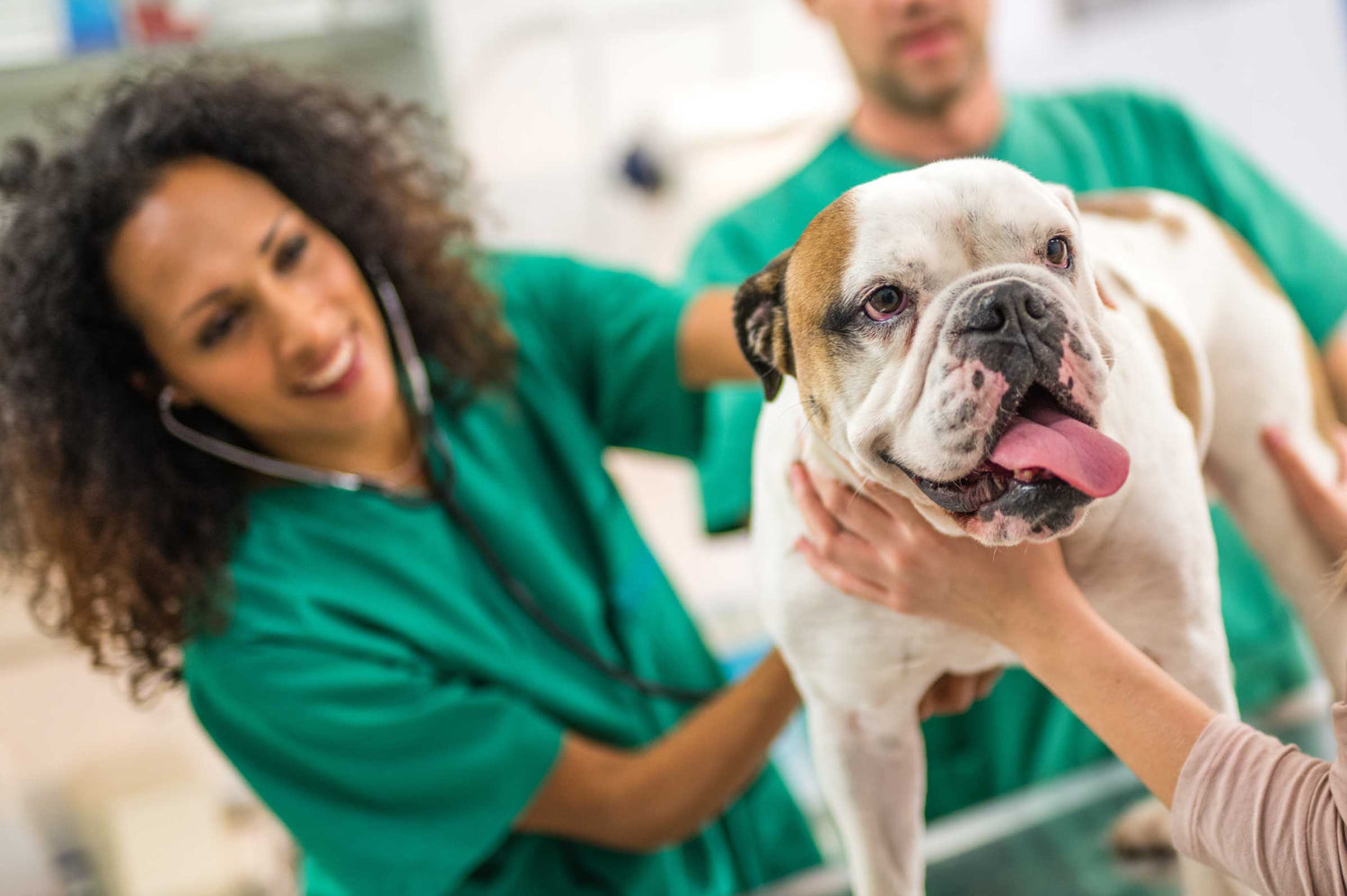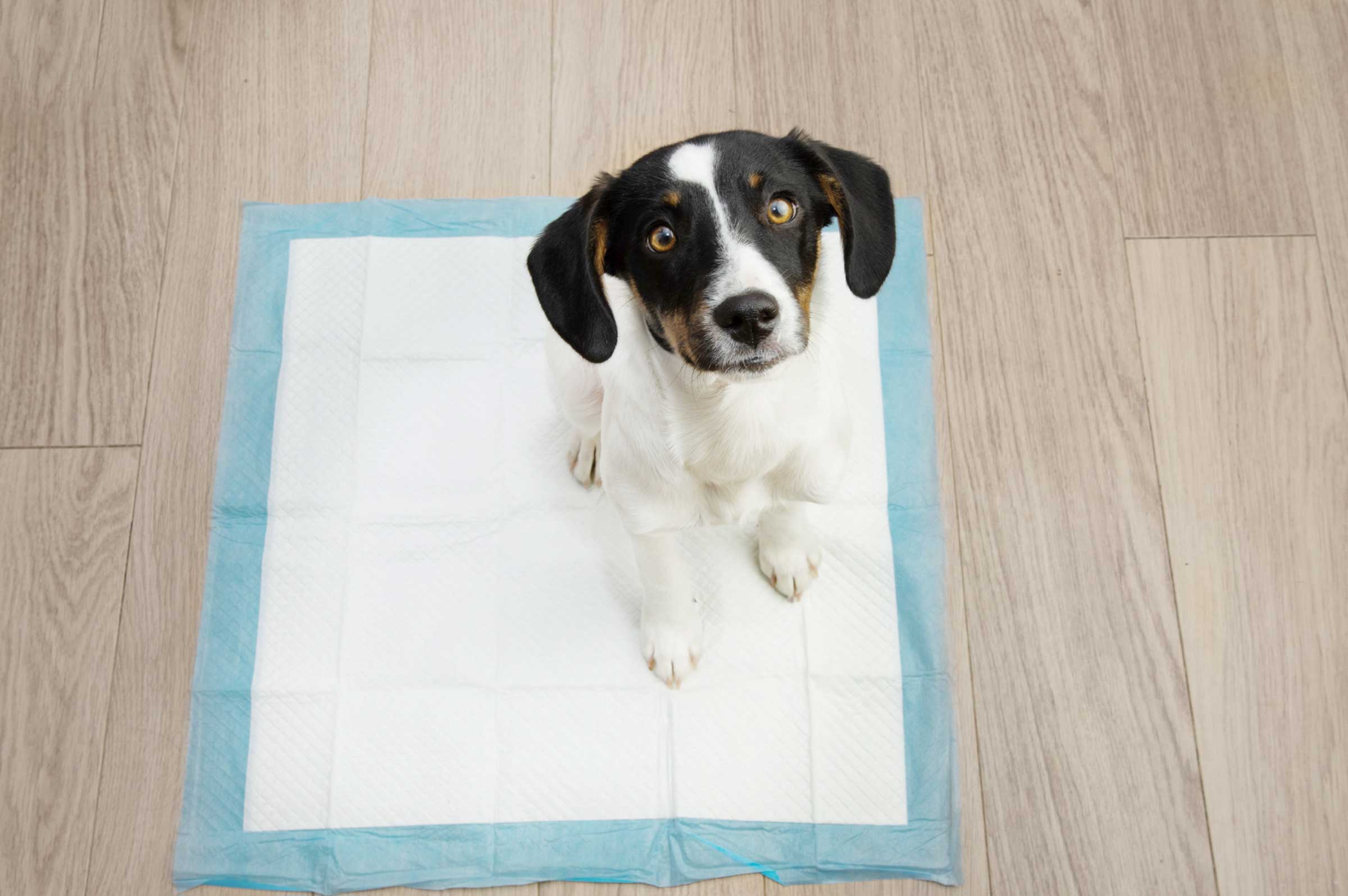As a dog owner, ensuring the health and happiness of your furry friend is a top priority. Understanding common dog health issues and knowing how to prevent them can help your canine companion lead a long, fulfilling life. From skin allergies to dental disease, being informed about potential problems is the first step in proactive pet care.
In this guide, we'll explore some of the most common health problems in dogs and provide practical tips on prevention. By adopting these strategies, you can minimize health risks and enjoy more quality time with your beloved pet.
Skin Allergies: Causes and Prevention
Skin allergies are a frequent concern for many dogs, often resulting in itching, redness, and discomfort. Common allergens include fleas, environmental factors like pollen or dust mites, and certain foods. These allergies can lead to secondary infections if not addressed promptly.
Preventing skin allergies involves regular grooming and bathing to remove allergens from your dog's coat. Using hypoallergenic shampoos and maintaining a clean living environment can also reduce exposure to irritants. Additionally, consulting your veterinarian about a balanced diet can help manage or prevent food-related allergies.
Obesity in Dogs: Risks and Management
Obesity is a growing problem among dogs, leading to serious health issues such as diabetes, joint problems, and heart disease. Overfeeding and lack of exercise are the primary contributors to excessive weight gain in pets.
To prevent obesity, establish a consistent feeding schedule with portion-controlled meals. Incorporate regular physical activity into your dog's routine, such as daily walks or playtime in the yard. Monitoring your dog's weight and consulting with a veterinarian can help you adjust their diet and exercise plan as needed.
Dental Disease: Importance of Oral Health
Dental disease affects a significant number of dogs by the age of three, often resulting in tooth loss, pain, and infections that can spread to other organs. Plaque buildup leads to tartar formation, which can cause gum inflammation and periodontal disease.
Maintaining your dog's oral health is essential for preventing dental disease. Regular brushing of your dog's teeth with canine-specific toothpaste helps reduce plaque accumulation. Providing dental chews and scheduling professional cleanings with your veterinarian are also effective strategies for promoting good oral hygiene. If your dog has issues with tooth brushing, oral care sprays can also be very effective to manage oral hygiene.
Parasite Infestations: Protection and Prevention
Parasites such as fleas, ticks, and worms pose a serious threat to your dog's health, causing conditions ranging from mild irritation to life-threatening diseases. Parasite infestations can lead to anemia, Lyme disease, and intestinal blockages, among other health issues.
Preventing parasite infestations requires a multifaceted approach. Administering veterinarian-recommended preventive medications is crucial in protecting your dog from parasites. Regularly inspecting your dog for signs of fleas or ticks after outdoor activities and maintaining a clean environment, like using pest control shampoo and home spray can further reduce the risk of infestation.
Arthritis and Joint Problems: Maintaining Mobility
Arthritis and joint problems are common in aging dogs and certain breeds, leading to decreased mobility and quality of life. Factors such as obesity, genetics, and previous injuries can contribute to the development of joint issues.
To help prevent arthritis and joint problems, ensure your dog maintains a healthy weight to reduce stress on their joints. Providing a balanced diet rich in nutrients that support joint health, as well as supplements that contain omega-3 fatty acids, can also be beneficial. Regular, low-impact exercise helps keep joints flexible and muscles strong, supporting overall mobility.
Final Thoughts
Keeping your dog healthy involves proactive measures to prevent common health problems. By staying informed and attentive to your dog's needs, you can significantly reduce the risk of these issues affecting your pet. Regular veterinary check-ups are essential in monitoring your dog's health and catching any potential problems early.
For an extra boost in your dog's health regimen, consider VetSmart Formulas supplements. Our products are designed to support your dog's well-being, providing essential nutrients that promote a healthy, active life. Give your furry friend the best care possible—shop VetSmart Formulas supplements today.










